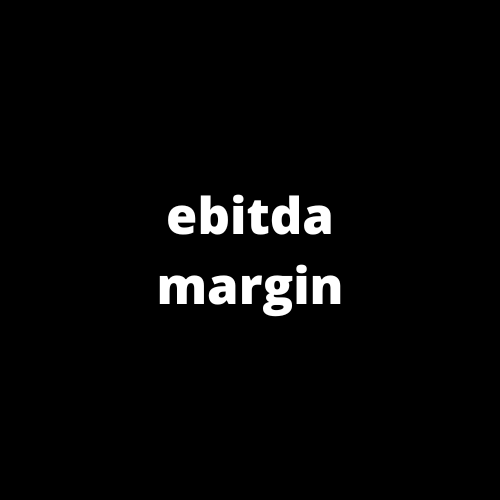Popular Posts From Our Blog
Check out the Symbol Surfing blog to learn about investing.

Discover the Best Communication Stocks To Watch
Last Updated: Sun, Mar 3, 2024

Exploring the Difference Between Inflation vs Recession
Last Updated: Sun, Mar 3, 2024
